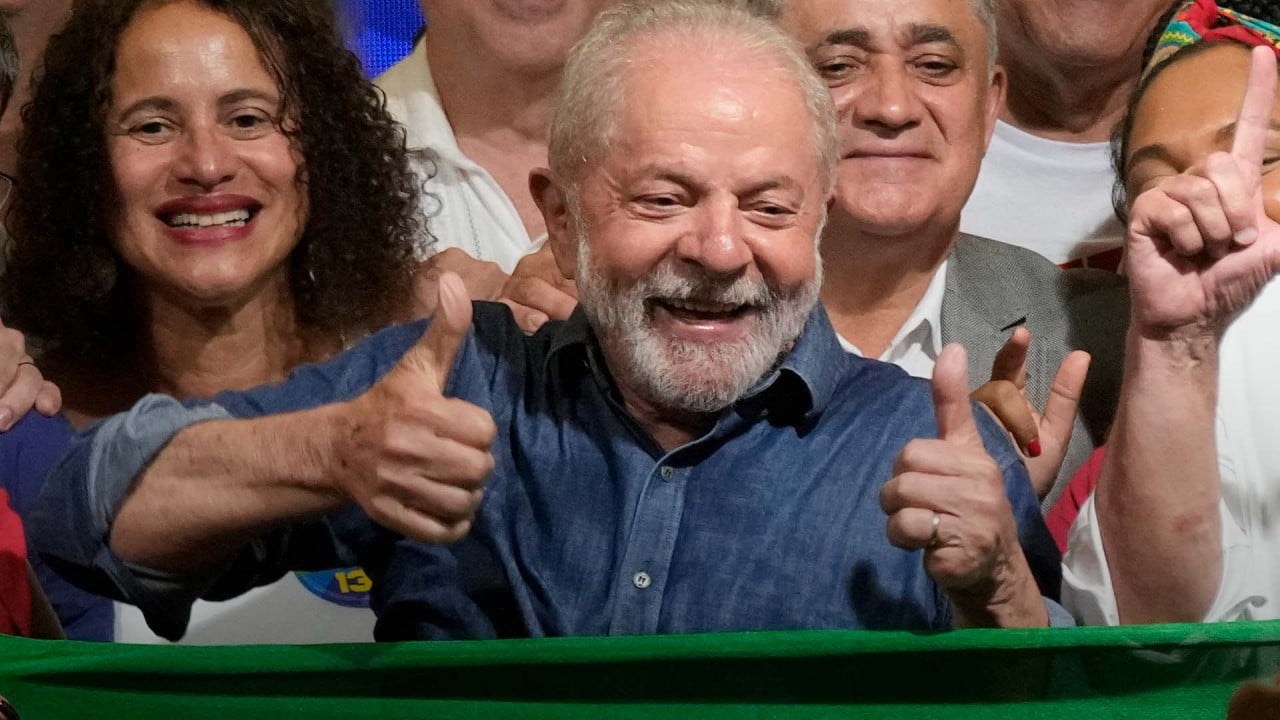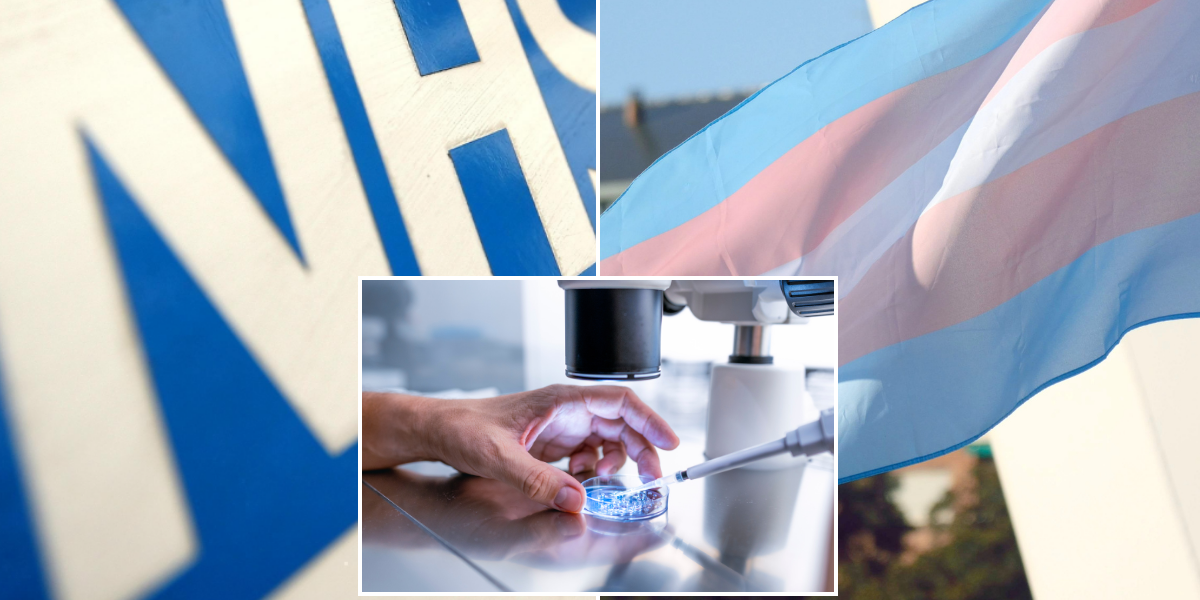Though the United States and European Union have been quick to act against China’s electric vehicle (EV) sector, levying tariffs and trade restrictions to limit the industry’s reach, Brazil’s top diplomat in Hong Kong said his country would welcome more investment from Beijing in the rapidly expanding and lucrative field.
“Relations have become very important and very strong,” said Consul General Manuel Innocencio De Lacerda Santos Jnr in an interview with the Post last month. “Chinese investment in Brazil is focused on the renewable energy sector – wind, solar, hydropower – because Brazil has strength in these areas.”
President Xi Jinping’s trip to Rio de Janeiro to attend the 19th G20 Summit this week has brought closer attention to the ties between Brazil and China, particularly regarding trade. The two countries celebrated 50 years of bilateral relations earlier this year.
According to Chinese customs statistics, Brazil’s exports to China have topped US$100 billion for three years running. China has been the South American country’s largest trading partner for 15 consecutive years.
Brazil’s major exports to China include soybeans, oil, and iron ore, but the consul expressed a desire to diversify the country’s shipments, naming processed foods, beverages and beauty products as goods of interest. “Diversification is key for the general stage of trade between Brazil and China,” Santos said.

02:06
China-Brazil relations likely to strengthen with newly elected leader Lula, analysts say
China-Brazil relations likely to strengthen with newly elected leader Lula, analysts say
Both nations are “complementary” to each other, the consul said, mentioning digital services and biotechnology as areas where more overlap is possible. While Brazil may not lead in semiconductors or artificial intelligence (AI) as China does, Santos said, AI could be leveraged to boost productivity and sustainability in agriculture.

 By South China Morning Post | Created at 2024-11-19 13:50:05 | Updated at 2024-11-24 15:19:55
5 days ago
By South China Morning Post | Created at 2024-11-19 13:50:05 | Updated at 2024-11-24 15:19:55
5 days ago








